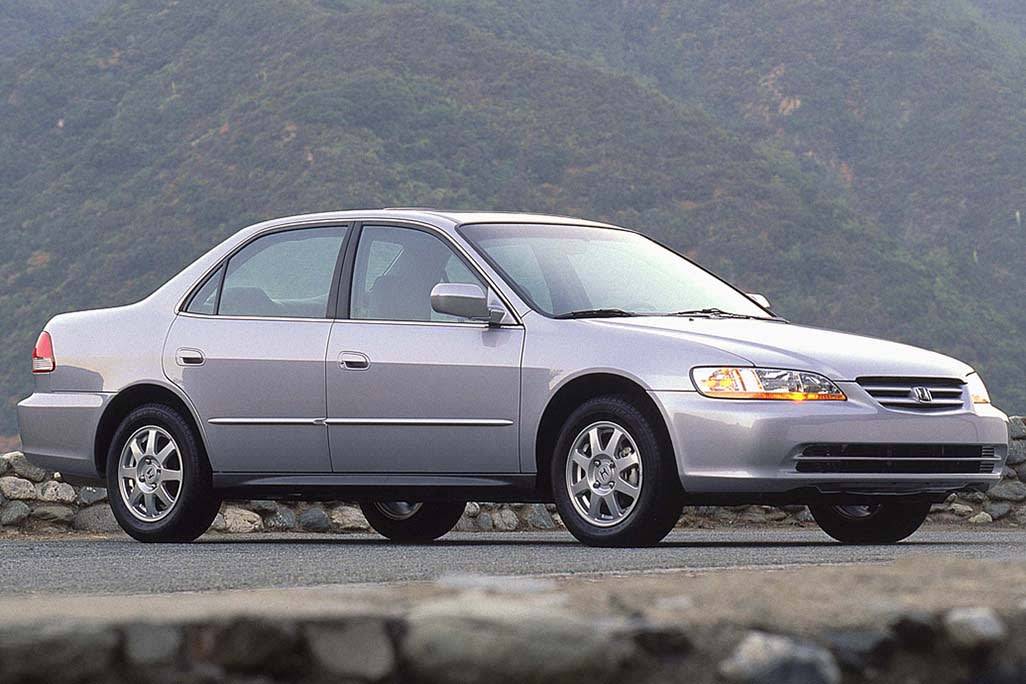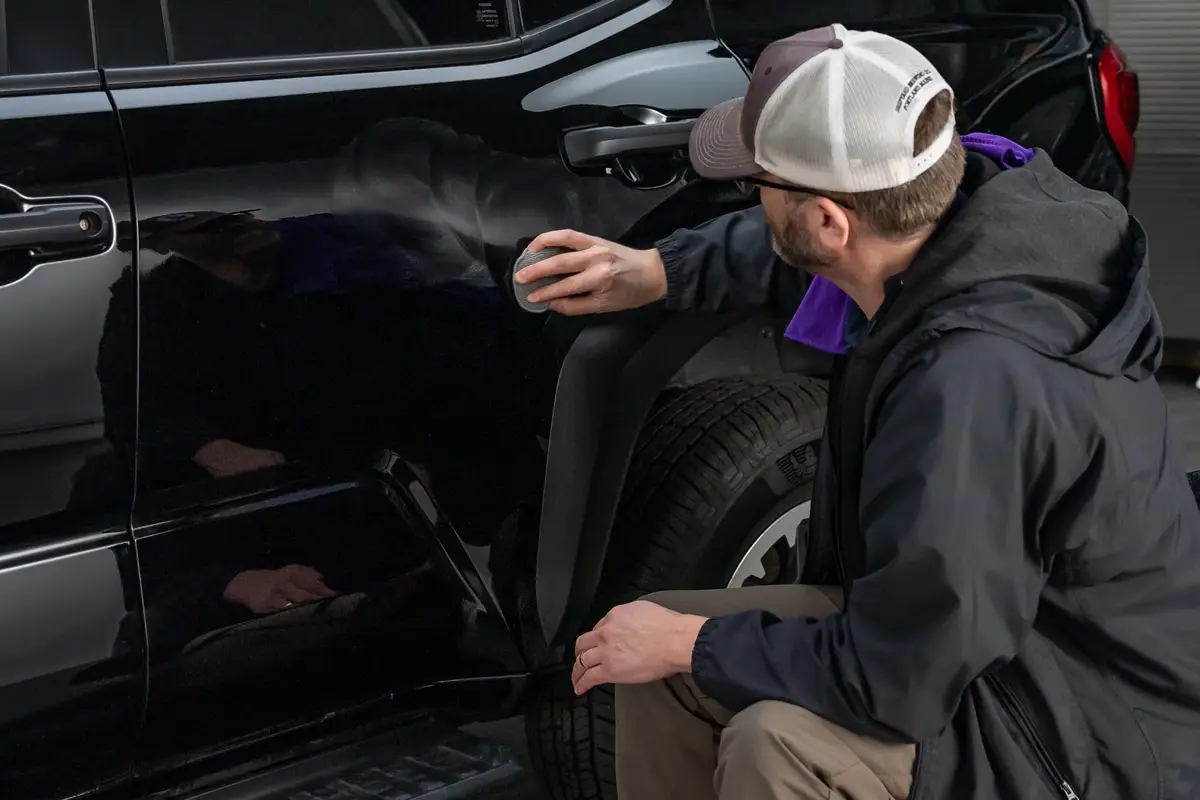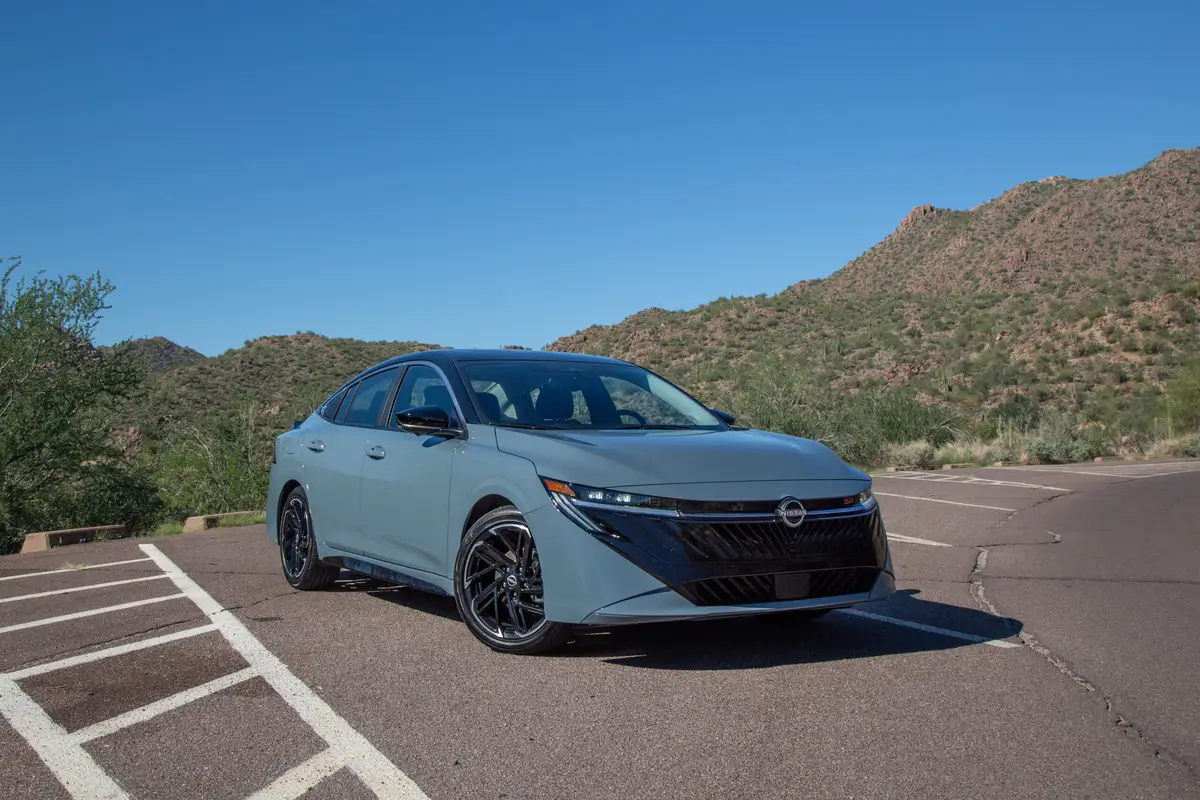Driver Hurt by Junkyard Takata Airbag


CARS.COM — Honda has confirmed that a driver was seriously injured in a March crash in Las Vegas by what likely was a junkyard Takata airbag module installed in a rebuilt Accord, highlighting the unknown risks that may come with salvage title cars.
Related: Is Your Car Part of the Takata Airbag Recall?
According to Honda’s records, the 2002 Accord had been recalled twice for the airbag, in 2008 and 2014, and repaired both times at a dealer with proper replacement inflators. But in April 2015, the car was involved in a crash and declared a total loss by the insurer. It then was sold to the current owner, Honda says, in April 2016 with a salvage title.
The car’s history is murkier from there, but somehow in the repair of the damaged car, an unknown person obtained and installed an old airbag module containing an “Alpha” Takata inflator, the most dangerous of the recalled inflators. Honda says it likely came from a salvage yard and was originally in a 2001 Accord.
Buying airbag modules online or from a salvage yard is cheaper but can be risky, and some safety advocates advise against it. While federal rules prohibit parts sellers from selling recalled parts, it is difficult to enforce, and even with non-recalled airbags, there may be no way to know where and how properly it has been stored. Both Honda and the National Highway Traffic Safety Administration have been working with parts recycling trade groups on the issue.
Honda urges owners to be sure that any airbag replacement only is an original equipment part from an Acura or Honda dealer. The company says it continues to try to curb aftermarket sale of airbag modules with recalled Takata airbag inflators, and has bought more than 60,000 from salvage yards and online sellers to get them out of circulation.
Honda noted in its statement that it has sufficient parts to repair all open airbag recalls and that you can check your vehicle for recalls here for Acuras and here for Hondas. You also can use the NHTSA recall tool here.
Salvage title vehicles have been written off as totaled by insurers but then may be sold, as is, at big discounts to individuals or repair operations. The titles to such vehicles are flagged as salvage, and they can’t be registered until repaired and inspected, with regulations and procedures varying by state. They can be a bargain, and some — such as hail-damaged cars — have no structural or mechanical damage. But the purchase of such repaired cars generally cannot be financed, obtaining insurance can be more difficult, and it’s hard to verify the nature and quality of all the repairs.

Former D.C. Bureau Chief Fred Meier, who lives every day with Washington gridlock, has an un-American love of small wagons and hatchbacks.
Featured stories




2026 Nissan Sentra Review: Long Live the Sedan

